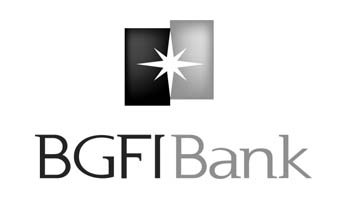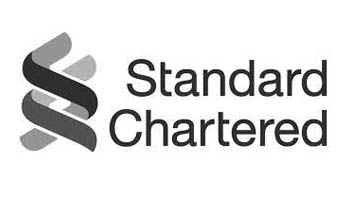Investors’ appetite for private equity in Nigeria continues to grow.
In fields like finance, telecommunication, insurance, retail and manufacturing Nigeria is becoming the preferred sub-Saharan destination for private equity. With a rapidly expanding consumer class, widespread privatisation, a ferocious anti-corruption campaign and the restructuring of strategic sectors, there are opportunities to be had.
Private equity funds invested $8.1 billion in African companies over 2014, which is the second highest year of investment in the continent, ever. The largest of these investments went to Nigeria. Emerging Capital Partners invested $3.15 billion in IHS, a cell phone tower operator, which is planning an IPO on the LSE this year.
The scale impact of these investments on Nigerian businesses is massive, considering that banks in the country tend to charge high interests rates, sometimes as much as 30%. Private equity has the power to transform the fortunes of key start-ups who may change the way key sectors do business. Importantly, private equity does not come with crippling interest payments and requires transparency and strong corporate governance. Although the pension system in Nigeria does not currently provide a base of capital for the industry to draw from, recent pension reforms may change that in the next five years. Nigeria’s strong fundamentals and sophisticated start-ups will likely continue to attract PE investments assuming the country’s macroeconomic fundamentals are properly managed.
In April 2015 Aliko Dangote announced a plan to quadruple the supply of gas from 1 billion cubic feet per day to 4 by building pipelines. Pipeline infrastructure is desperately needed in order to fuel Nigeria’s gas-fuelled power stations. Dangote announced that that opportunity may be backed by Carlyle Group LP and Blackstone Group LP, the world’s two biggest private-equity firms.
One of the largest receivers of PE has been the e-commerce industry; local investors have about 20% investment in some of the largest firms. The sector has required relatively high investment capital, meaning that growth of the e-commerce platform has been rapid and returns fast compared to other areas like property and oil and gas. Over the last three years, the e-commerce sector has recorded unprecedented growth. Pioneered by the Rocket Internet backed retailer, Jumia.com, the sector has driven online shopping in Nigeria to about 35 percent of total formal retail and was valued at over N100 billion by the end of 2014.




















